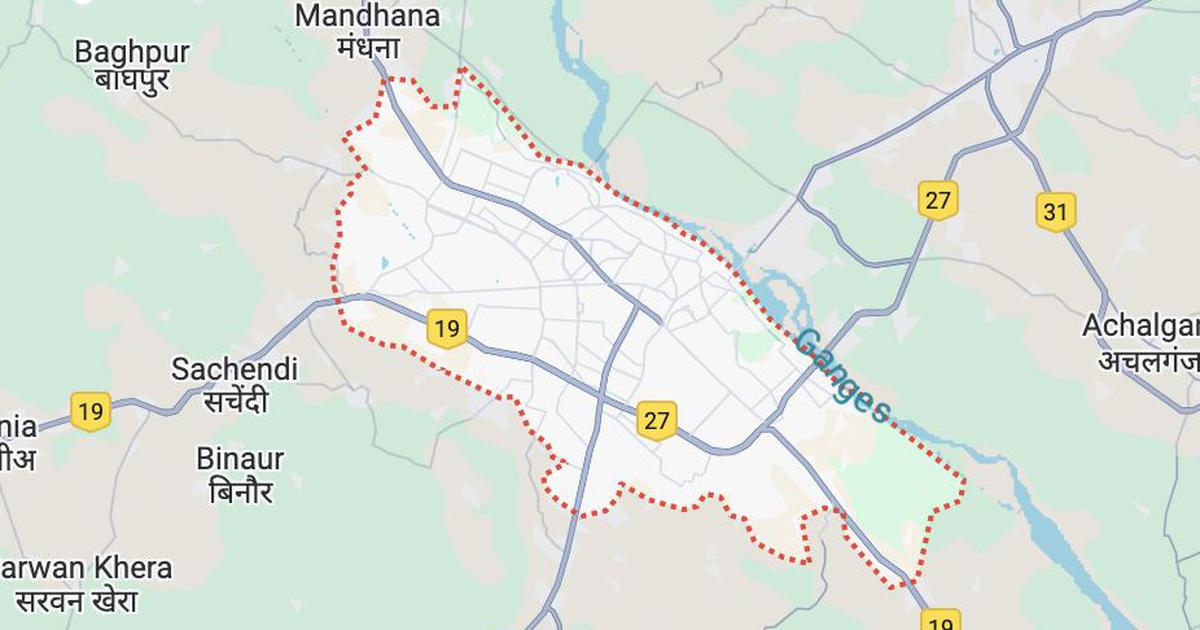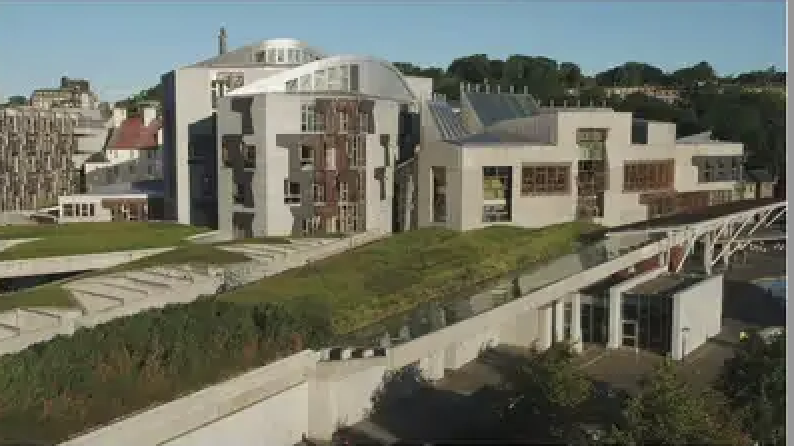
By IRSHAD HUSSAIN AND MUBASHIR NAIK / Article14
Shopian (Jammu & Kashmir): The knock on the door came at 7 am on 17 September 2022, recalled Shabrooza Akhtar, 32.
She opened the door of their newly constructed house, nestled amid willow and poplar trees here in south Kashmir, and a posse of armed police walked in.
The police asked for Akhtar’s husband, 42-year-old cleric Sarjan Barkati, and did not explain why he was being arrested, according to Akhtar, her face covered in a black, scarf, staring at a photo of her husband on her phone as she spoke to Article 14.
Two days later, Akhtar learned that her husband had been detained under the Public Safety Act (PSA) 1978, a feared law used to imprison hundreds of Kashmiris, including journalists, without formal charges.
The PSA allows the government to detain anyone for up to two years, without any trial. In the last release of public data on PSA detentions, union minister of state for home G Kishen Reddy told Parliament in February 2020 that 389 were imprisoned. Those numbers have increased since.
“They took my husband away when we needed him the most,” said Akhtar, 32, her face covered with a black scarf, as tears rolled down her cheeks.
“It pains me to see our children suffering, it kills me from inside,” said Akhtar. One of her two children, aged 11 and 13, cried loudly beside her, as she explained how the family of four depended on the Rs 7,000 or so her husband earned monthly as contributions from his congregation.
“We live on his earnings,” said Akhtar, a homemaker who studied till class eight before marrying Barkati. “We can’t understand why he has been arrested again,” she said. “My husband is not a militant, nor a resistance leader.”
Known as azaadi chacha or “freedom uncle” because he urged people to rise against Indian security forces during a 2016 uprising, Barkati was arrested by police in October that year and detained under the PSA.
A charismatic crowd-puller, Barkati was released in 2020. He had not taken part in protests, public gatherings or delivered any sermons or speeches since, according to Akhtar.
“He even used to pray his jummah (congregational Friday prayers) at home,” she said, “And had stopped leading prayers in the local masjid.”
A Fresh Tide Of Detentions Under The PSA

Barkati was one of four Islamic preachers and three activists from the Jamaat-e-Islami, an influential social, cultural and religious group, which police accused of fuelling extremism in Kashmir, detained in September under the PSA.
The arrests are part of an ever-widening crackdown (here, here, here, here, here and here) that began more than two years ago and is meant to serve as a deterrent, the police acknowledged, even if no crime was apparent.
Thousands of arrests were made after Jammu and Kashmir (J&K) was reduced to a union territory from a state and its special constitutional privileges revoked on 5 August 2019 by the Bharatiya Janata Party (BJP) government of Prime Minister Narendra Modi.
Apart from Barkati, four other preachers—and more than seven others—have been detained under the PSA. The arrest of the preachers appeared to be an effort to clampdown on leaders of Islamic organisations and sects, coming as they did after a 28 February 2019 ban on the 69-year-old Jamaat-e-Islami.
Before Barkati’s arrest, the J&K administration also arrested other well-known preachers of the Kashmir Valley, including Maulana Abdul Rasheed Dawoodi, Mushtaq Ahmed Veeri, Abdul Majeed Dar.
Kashmir’s additional director general of police Vijay Kumar, at a press conference on 17 September, said they had “ample proof” that the preachers arrested were “provoking people”.
This story was originally published in article-14.com . Read the full story here






